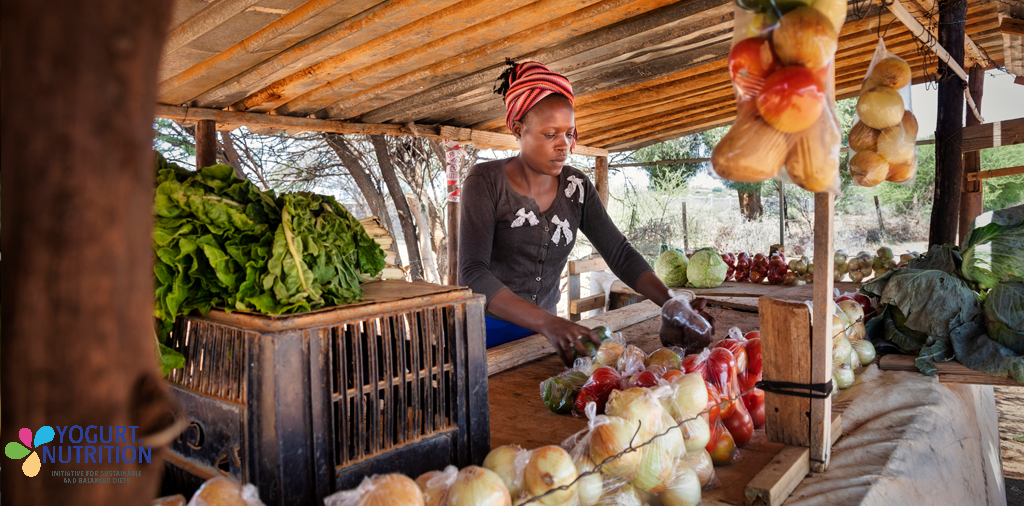Did you know that nearly four in ten people in the world can’t afford a healthy diet?
The authors of a report from the 22nd Annual Harvard Nutrition Obesity Symposium are calling for a radical re-think about food systems so that everyone has access to a sustainable healthy diet. A fresh approach is essential if we are to solve this global problem, combat climate change and support sustainability goals, say the authors.
A turning point for global food systems
Food systems feed the world’s population and include all the stages from the farm to your plate. The authors stress that we shouldn’t just focus on increasing food production as we have in the past – food systems need to protect the environment, ensure healthy and safe food for all, provide fair wages and livelihoods for workers, and be sustainable.
Changing diets worldwide
Diets in many countries have transformed over the past 30 years alongside increases in industrialisation, economic growth, urbanisation, globalisation, and increasingly sedentary lifestyles.
Diets have shifted from traditional foods to increased consumption of highly processed foods – containing high levels of sugar, salt, unhealthy fats and chemical additives – and meat, which has led to increases in malnutrition (eg, obesity, vitamin and mineral deficiencies) and diet-related diseases (eg, heart disease, diabetes).
Healthy diets are not affordable for many
Nutrient-rich foods such as fruits and vegetables, fish, eggs and dairy are often more expensive than starchy staples and highly-processed foods because they are more difficult to produce, store and transport.
The answer? Supplementing low incomes, public investment to improve the overall efficiency of food systems, and supply chain innovations can help reduce costs to consumers. But cost isn’t the only reason for unsustainable and unhealthy food choices – cultural and social factors and aggressive marketing by companies also play their part.
Food systems are at the center of a brewing storm consisting of a rapidly changing climate, rising hunger and malnutrition and significant social inequities. At the same time, there are vast opportunities to ensure that food systems produce healthy and safe food in equitable ways that promote environmental sustainability’ – Fanzo et al, 2021.
United Nations leads the way
The UN Food Systems Summit in September 2021 aimed to establish country-level and global plans to improve food systems, making them more sustainable, resilient and environmentally friendly while improving nutrition and health outcomes and livelihoods. Putting these plans into action will be challenging at a time of increasingly alarming climate change, growing economic and social unfairness, and the COVID pandemic, say the authors.
‘The real cost of acquiring enough nutrient-rich food to meet national dietary guidelines for a healthy diet exceeds the available income for about 3 billion people (38% of the world‘s population).’ – Fanzo et al, 2021.



